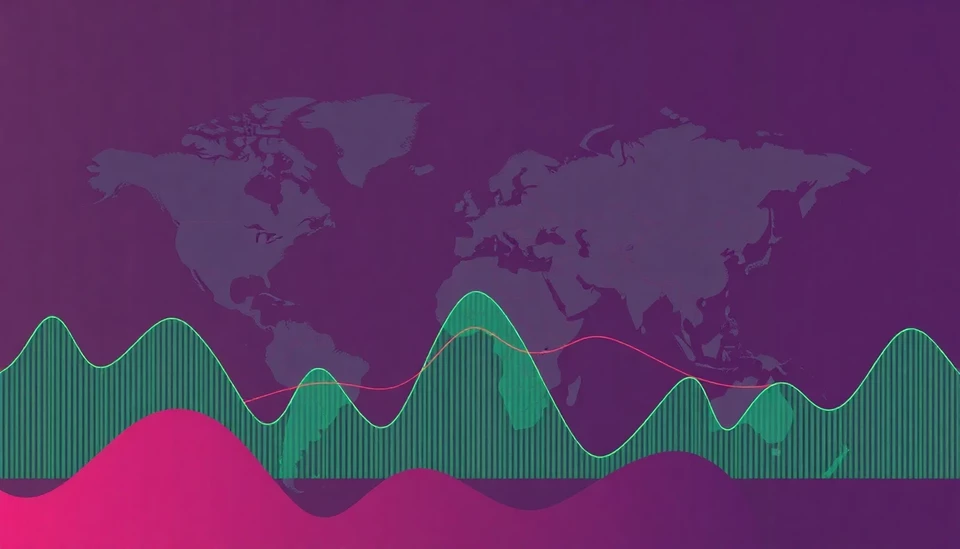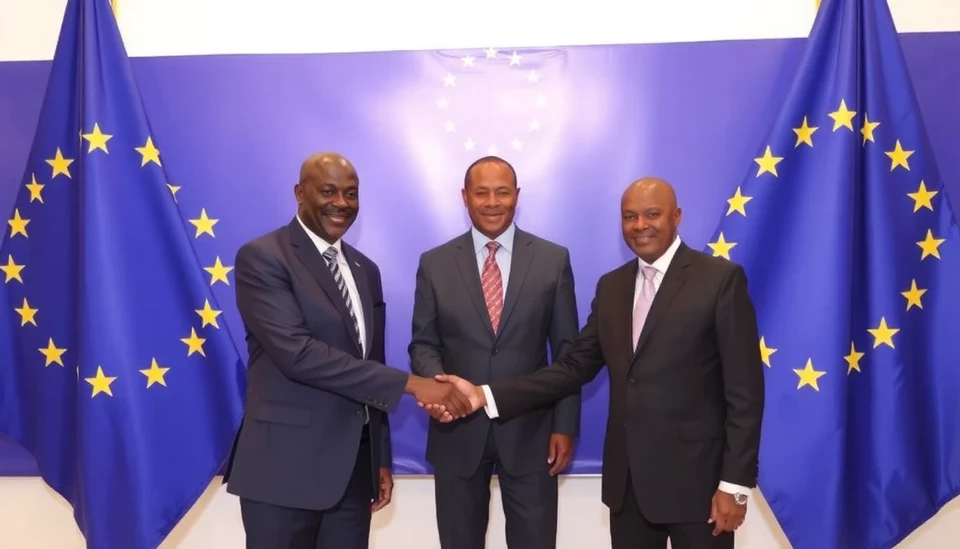
As we move into 2024, the global economic landscape is undergoing significant transformations driven by the emergence of new trading blocs and changing international alliances. The analysis from Bloomberg showcases how these developments are reshaping economic relationships and strategies among nations, signalling a shift towards more strategic trade practices.
Historically, global trade has been heavily influenced by established economic powerhouses and regional agreements. However, the recent data reveals an evolution towards smaller, more agile trading blocs that are increasingly prioritizing localized supply chains and regional partnerships. This shift is largely attributed to geopolitical tensions, economic nationalism, and the quest for greater self-sufficiency among nations.
The analysis maps out several key trading blocs emerging across the globe, illustrating their interconnectedness and the implications for global trade patterns. The traditional blocs, such as the European Union (EU) and the North American Free Trade Agreement (NAFTA), are now encountering competition from newer alliances as countries emphasize regional collaboration to mitigate risks stemming from global instability.
For instance, we are witnessing the rise of partnerships in Asia, particularly with the Regional Comprehensive Economic Partnership (RCEP), which includes major economies like China, Japan, and Australia. This bloc is positioning itself as a formidable player in global trade, providing a counterbalance to traditional Western-dominated trading frameworks. Furthermore, the effect of recent trade disputes does not escape notice, as countries seek to fortify their economic standings through such alliances.
Similarly, Africa is experiencing its own wave of economic alignments with the African Continental Free Trade Area (AfCFTA) manifesting as a critical initiative aimed at enhancing intra-African trade. This bloc seeks to reduce trade barriers, promote economic integration, and bolster the continent's bargaining power on the world stage. By fostering regional trade, Africa aims to diversify its economies and lessen dependency on external markets.
Amidst these shifts, nations are grappling with the challenge of balancing their commitments to established multilateral organizations while exploring new alliances that reflect contemporary economic realities. The emergence of these blocs raises questions about the future of global trade, as established agreements face scrutiny and potential realignment based on political and economic interests.
Moreover, technology plays a pivotal role in facilitating these new trading relationships. As digital trade becomes an integral part of the global marketplace, nations are adapting to incorporate e-commerce and digital services within their trade frameworks. The rise of digital currencies and alternative payment systems further enhances the speed and efficiency of cross-border trade, making it easier for smaller players to participate in the global economy.
In conclusion, the developments outlined in the Bloomberg report shed light on a rapidly changing global trading environment. As countries navigate this new reality, the formation of trading blocs will likely reshape investment patterns, foster innovation, and redefine economic strategies in unpredictable ways. How nations respond to these changes will be crucial in determining their economic resilience and competitive advantage moving forward.
#GlobalTrade #Dynamics2024 #EconomicShift #TradeBlocs #RCEP #AfCFTA #DigitalCommerce
Author: Daniel Foster




